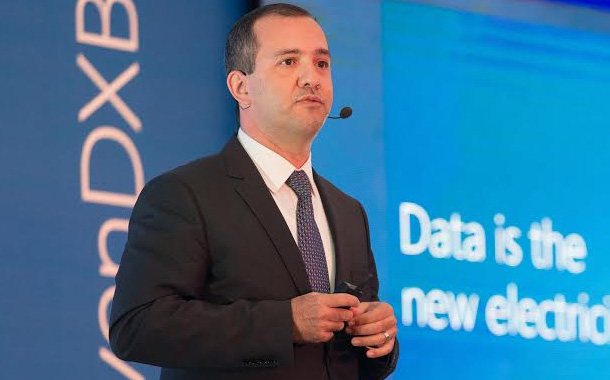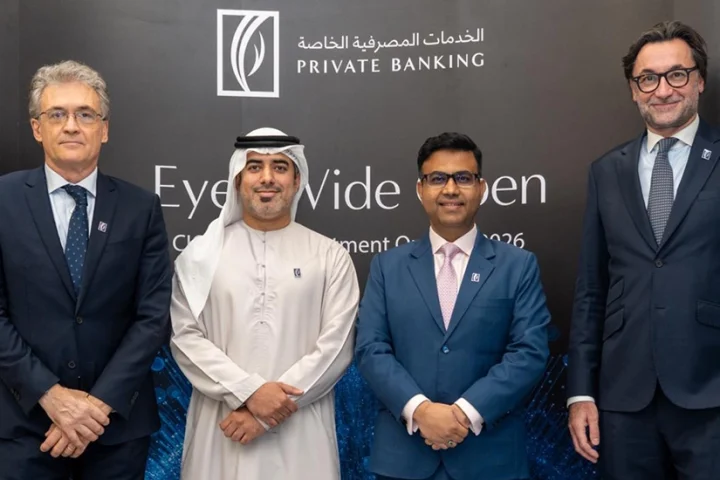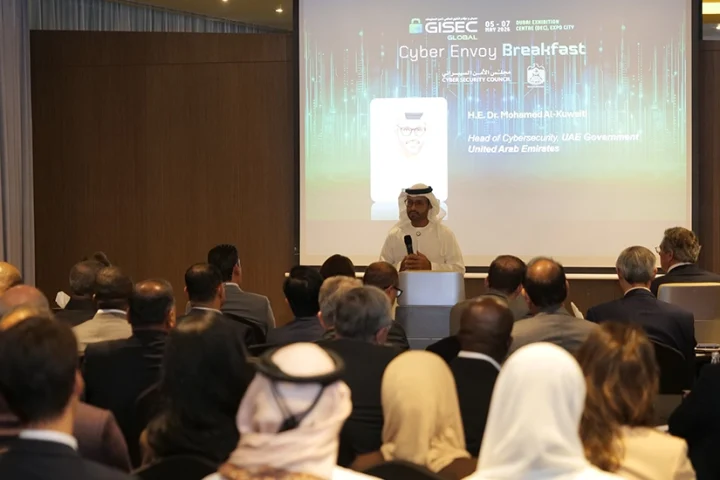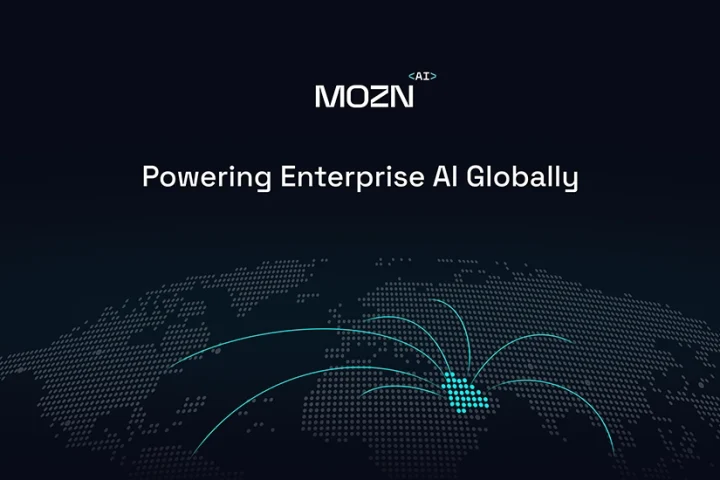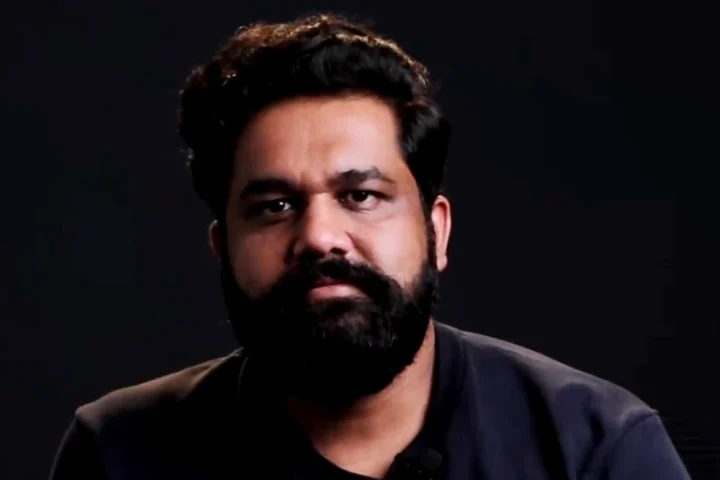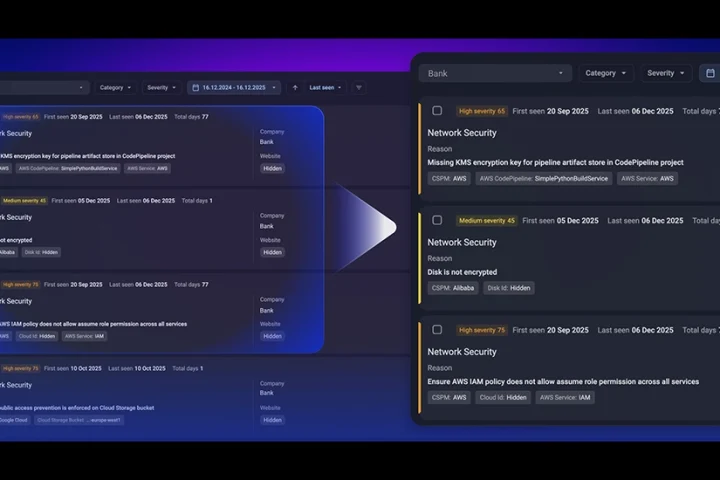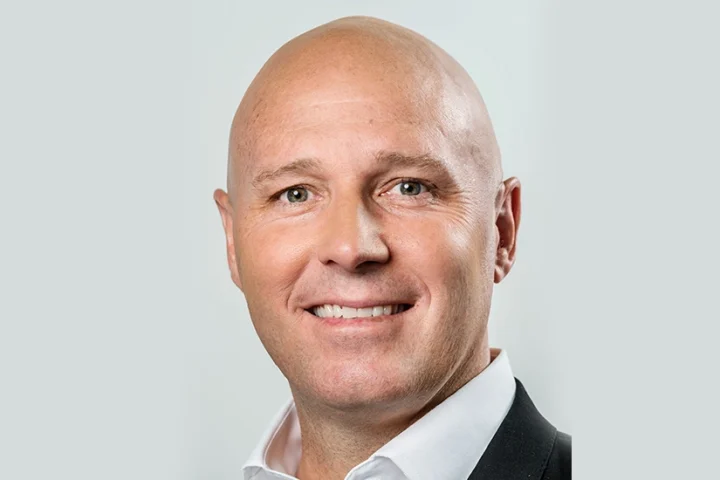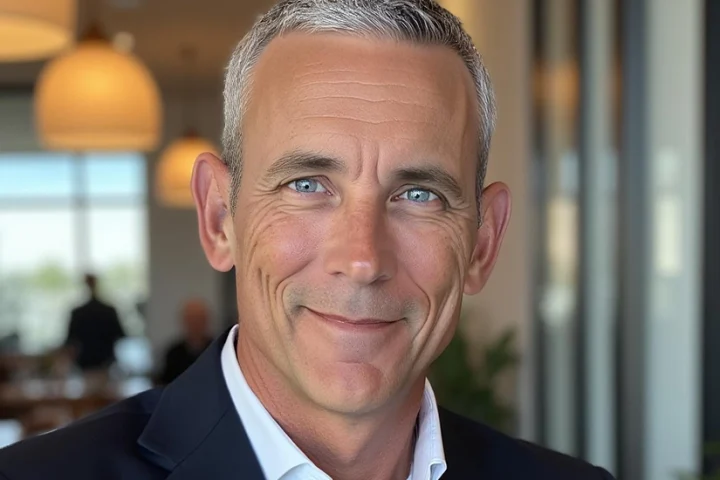[quote font=”tahoma” font_size=”13″ font_style=”italic” color=”#262626″ bgcolor=”#f2f2f2″ arrow=”yes”]An era of ‘Cloud’ has dawned that demands less of sophistication and more of simplicity. Understand the Cloud and the Cloud is yours! Microsoft has set sail on a similar journey to enable, empower and harness the true value of the Cloud and walk hand in hand with the CIOs to help them in their transformative Journey.[/quote]
Predicting the future of the Cloud would be something that even Nostradamus would think twice. Sitting across a table at the busy Microsoft office, discussing the onset of an ‘Intelligent Cloud’, Necip Ozyucel, Cloud and Enterprise Business Solutions Lead, Microsoft Gulf says, “How the Cloud would look like in 2020 is a very hypothetical question. 3 years of human calendar is 30 years in the Cloud calendar. We are working towards an unpredictable future that would be governed by billions of connected machines and advanced scenarios like Artificial Intelligence, machine learning and IoT. Microsoft has been preparing for the future by building an Intelligent Cloud— The Microsoft Azure.”
Necip says that the term ‘Intelligent Cloud’ is not a mere marketing gimmick that they have adopted. “Today the customers have a lot of alternatives and they will not take time to switch between them. Hence, it is our responsibility to give them a Cloud that not only best fits their business models but also comprehends their architecture and responds wisely.”
Adoption and Trust go hand in hand; Trust and Knowledge go hand in hand. Necip believes that, in order to convince the customers to migrate to the cloud, the customer has to be educated first about the benefits that the cloud will offer him/her. Until and unless he has the knowledge, he would never invest his faith in the Cloud. One of the most talked about challenges in the IT fraternity in 2016 was the widespread skill gap. In spite of the technologies being in place, there were huge challenges in implementing or deploying those technologies because of the rampant skill gap within the IT department.
To fuel the digital transformation of the CIOs and help them in making the most out of Microsoft Azure, Microsoft recently launched the Azure Skills – Cloud related trainings and certification offers for IT Professionals across UAE. With the aim of increasing adoption for new Cloud technologies, the Azure Skills program will help participants advance their technical acumen on Cloud; driving true digital transformation in line with UAE Vision 2021, and contributing to the country’s innovation, economic competitiveness, and smart initiatives. IT professionals signing up for the courses will have access to a broad range of technical resources and trainings at different levels – from free Massively Open Online Courses (MOOC) in a self-paced interactive environment, to full certification offerings.
Necip says that the year 2016 was the year of ‘Finding Value’ as it saw the CIOs being selective and careful of the solutions that they are picking or the vendors that they are working with. At the end of the day it all boiled down to one word—Value. “We at Microsoft have always stood the test of time in giving our customers utmost value for the solution that they invest their faith in.”
Talking about Microsoft Azure specifically, Necip says that it is one such platform that has no versions. “It is like Office 365 or Mobility Suite. There are no versions of the Azure. But on a daily basis there are enhancements and improvements made to it, making in agile and flexible that can fit into the required organizational models. To make sure that the customer is aware of the benefits that he can derive from Azure, we have introduced this special training and certification program. At Microsoft we have a huge base of partners who are well experienced and possess the expertise to decentralize the benefits of Azure to the customers.”
Speaking on the adoption of Cloud in the region, Necip says that they have seen a very drastic growth and adoption in the region, especially when it comes to the public cloud. “A crucial percentage of our customers have already moved to the public cloud because they have realized the benefits that it will yield to the business models. Hybrid cloud is also something that has gained popularity but it is very relative. Hybrid cloud suits only certain business models. It is a choice of flexibility and it depends on the type of the organization, nature of the business and size of the data.”
Talking further about the CIOs approach to sophisticated technology and simplified technology, Necip says, “Today, the world is all about simplicity. We are trying to make Azure simple by introducing various eLearning platforms that trains the customers on the advanced scenarios that are disrupting the enterprise landscape. For example, Machine Learning is one of the colossal aspects of these advanced technologies. We have ‘drag and drop’ programs for the customers that enable them to develop their workflows which in turn enables the compute power to learn and adapt hence making it simple for our customers to shift their infrastructure to Azure.”
Necip says that Cloud readiness is deeply associated with knowledge and skill sets. As soon as the customers understand that the opportunities offered by the Cloud are endless, they will migrate without thinking twice. “We invest a lot in our R&D. We also support our customers by giving them utmost privacy and security in the cloud. We have proven certifications as well in this domain. Customers can start with us with an initial workload and experience the service. When and if they are convinced they can migrate their entire workload, thus giving them the much needed reliability and flexibility.
‘Building Intelligent Cloud’ is not just a marketing term for us. We believe in it. Azure is an intelligent cloud and we are making it more intelligent for the customers by adding additional intelligence factors in the back-end. In the front-end we are adding more cognitive services like face and speech recognition, emotion comprehension and AIs to make it more and more beneficial for the customers.”
“The Future of the Cloud is very important to us” Necip says with a smile as he signs off.
By : Anushree Dixit


